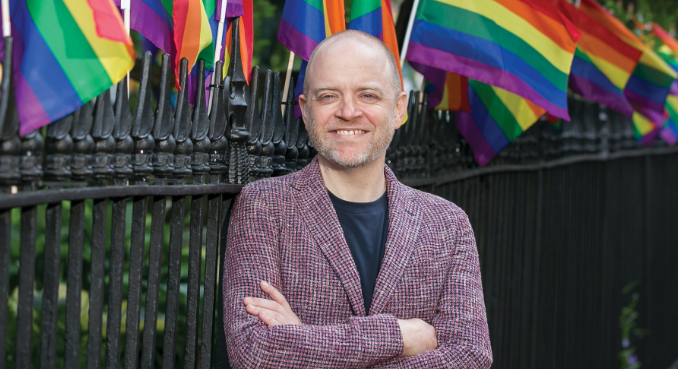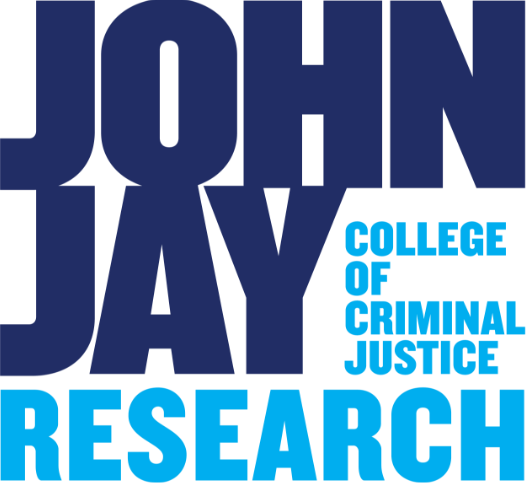What Comes After ‘Equality’?
Michael Yarbrough is looking to the future of global LGBTQ communities
Author: Sam Anderson

The 2015 legalization of gay marriage in the United States signaled a shift in the way people view queer relationships. While homophobia and opposition to same-sex marriage remain, there is a clear trend towards a wider acceptance of LGBTQ identity. But according to Assistant Political Science Professor Dr. Michael Yarbrough, same-sex marriage, while an important victory, is still a far cry from solving the major issues faced by the queer community.
Yarbrough organized a 2016 conference at John Jay, “After Marriage Equality,” which included 175 speakers and 450 attendees. “We wanted to ask: what’s coming next for the movement?” Yarbrough said. The event brought together scholars and activists to critique the emphasis on marriage as the main issue in the fight for equality for queer people, and to use those critiques to chart a path forward.
“The most important thing that came out of the project is that marriage is extremely limited,” Yarbrough explained. “The people who benefit the most from marriage rights are often queer people who were formerly more advantaged, like wealthier white people. The issues facing queer people of color, working-class people and immigrants remain, and in some cases are even worse.”
One core principle that was advocated for at the conference was the idea that focusing on the most marginalized members of the community first will benefit everyone. “We should have a trickle-up vision of social justice that starts with the most oppressed,” said Yarbrough. “If we have a world where a black lesbian mother can keep her kids, then a white middle-class lesbian mother can keep hers.”
Yarbrough hopes the ideas discussed at the conference will help set the agenda for the future of LGBTQ equality. He has since published a series of edited volumes also titled After Marriage Equality, tackling issues and questions raised there. And in April, Yarbrough was awarded the 2019 Law and Society Association article prize for a piece he wrote about his research in South Africa, another major focus of his scholarly work.
South Africa is located in a part of the world often stereotyped as vehemently homophobic, but its post-apartheid constitution actually prohibited all discrimination based on sexual orientation in 1994. It was the first such constitutional protection in the world. Same-sex marriage has also been a part of certain indigenous African cultures for generations.
Yarbrough’s interest in these issues was sparked during a 2001 trip to South Africa. He became fascinated by how laws were reshaping queer relationships differently at the urban level and in rural villages, and eventually began work on his dissertation interviewing people in Johannesburg and in a Zulu village called Maqongqo.
“What I’m trying to push against is the idea that cities are getting better, but the rural countryside is terrible,” Yarbrough said. “The countryside is less unrelentingly homophobic, and I would argue that these images and stereotypes get in the way of progress.”
Yarbrough explained that gender roles are also changing, with more South African women advocating for what they call a “50-50 marriage,” where both partners have equal decision-making power.
“One of most powerful things law can do is change what people feel entitled to. In South Africa, we see that very clearly among LGBTQ people, who are taking their new consciousness of themselves as rights-bearing people into their families and their communities, and demanding more. That’s really powerful.”
